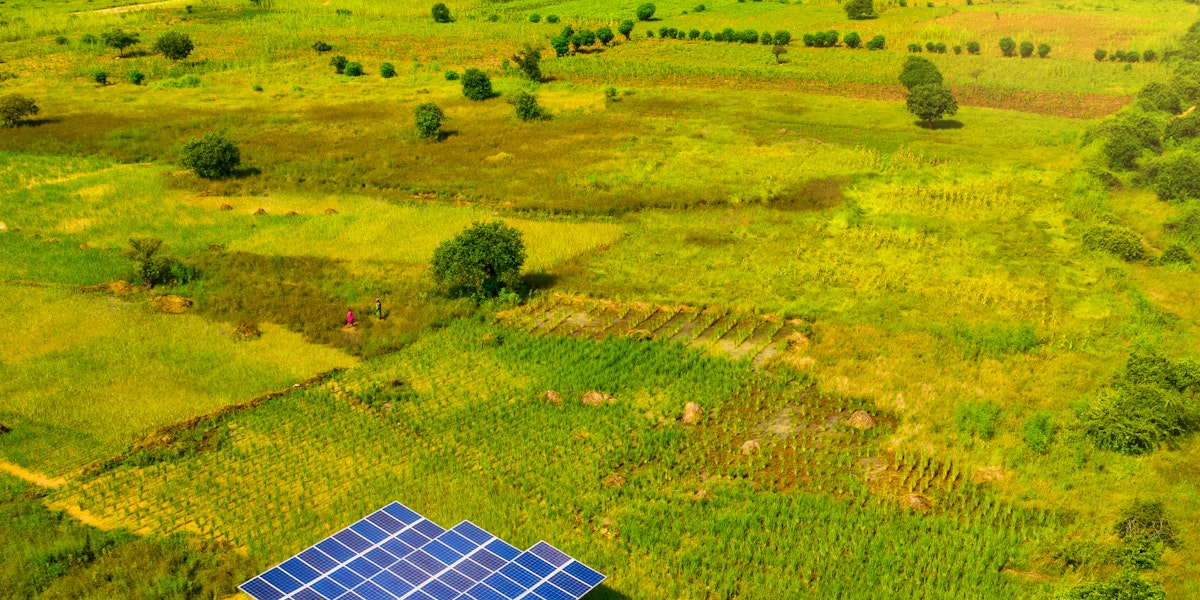About this report
Access to electricity is a cornerstone for economic development, poverty reduction and social equity. However, almost 600 million people in Africa lack access to electricity today, with progress falling far behind targets set by both African governments and the international community. Reaching universal electricity access will require a rapid scale-up of investment and financing to USD 15 billion per year, enabling the expansion of generation capacity, grid networks and decentralised solutions while ensuring that progress remains inclusive and sustainable.
In a new flagship report, Financing Electricity Access in Africa, the International Energy Agency (IEA) undertakes its authoritative energy analysis to provide a comprehensive overview of the status quo of electricity access financing, including a first-of-a-kind tracking of public and private investment flows. Building on the analysis of the current landscape, this report offers deeper insights into how investment evolves to reach universal access – quantifying the scale of private and public financing required as well as the affordability challenges across the continent.
This report comes at a time when the international community is mobilising to provide additional financial support to tackle this key issue, under South Africa’s leadership of the G20, Brazil’s COP30 Presidency and the Mission 300 initiative. The IEA’s analysis underscores how international finance, resources and technical expertise must be strategically directed to drive the electricity access transformation needed across the continent, supporting Africa’s economic, social and environmental goals.

